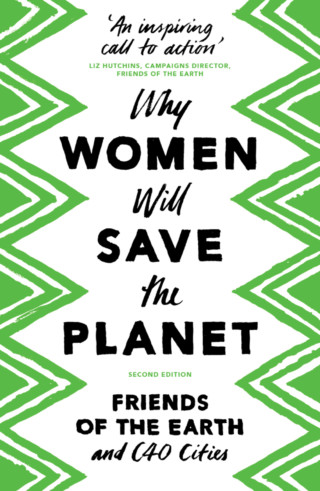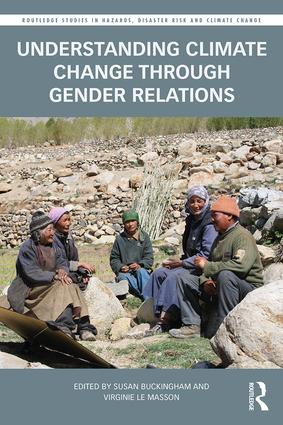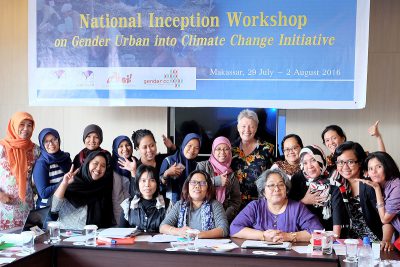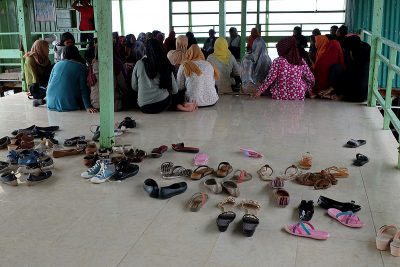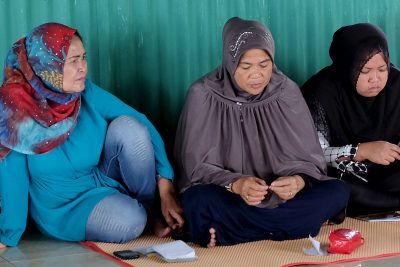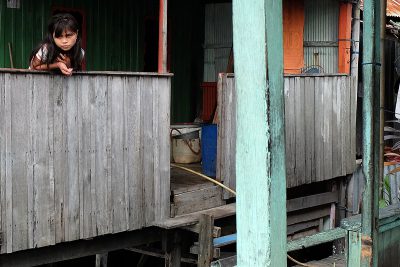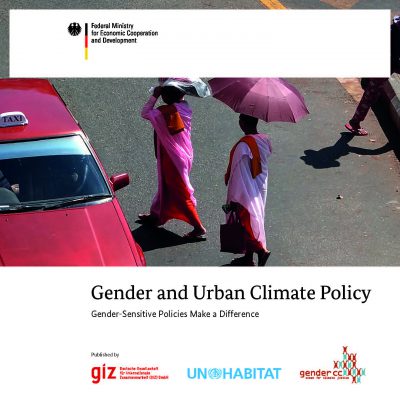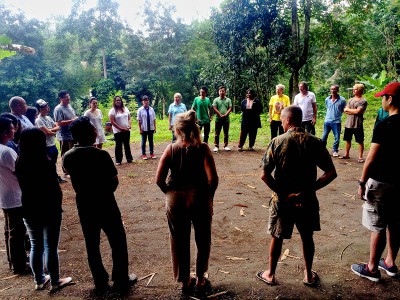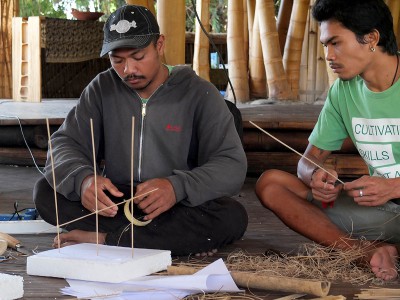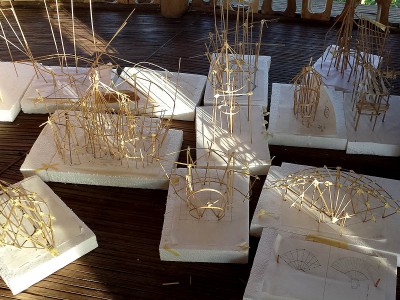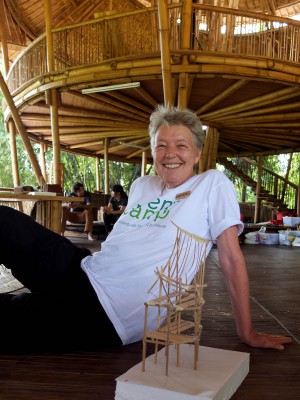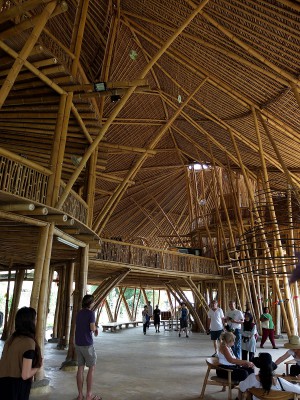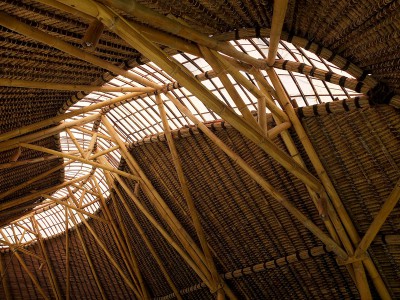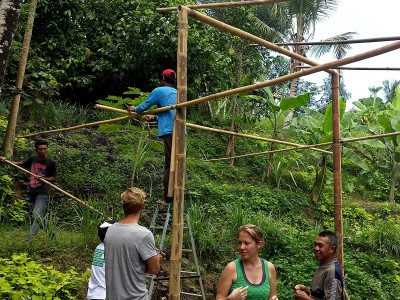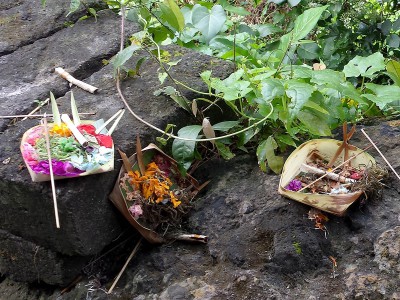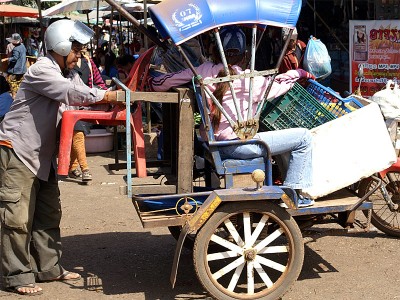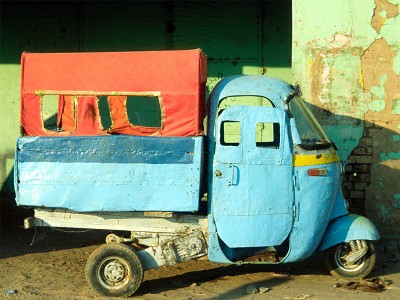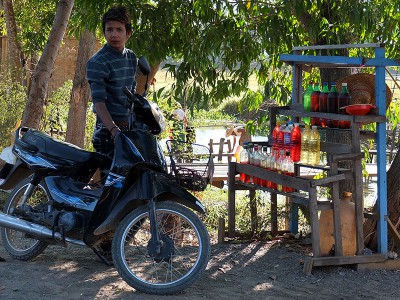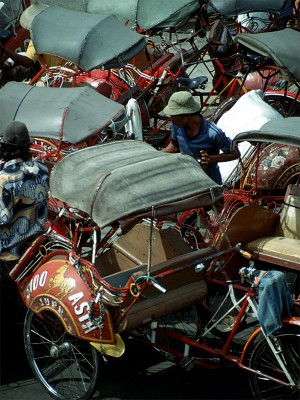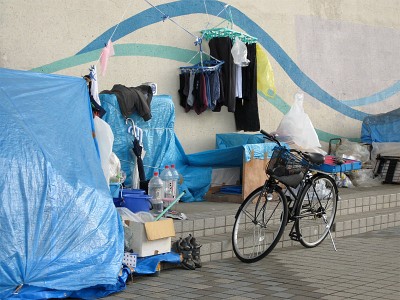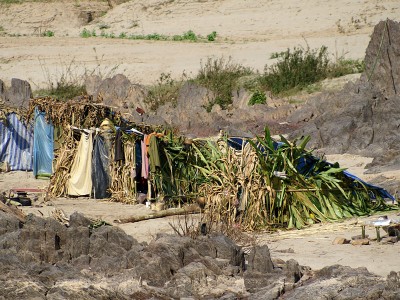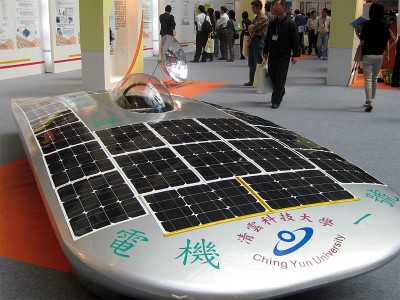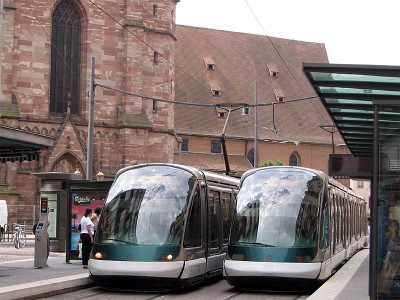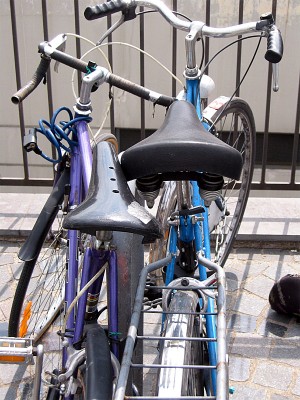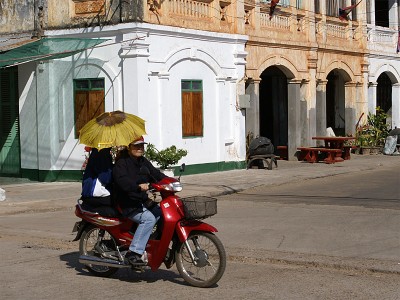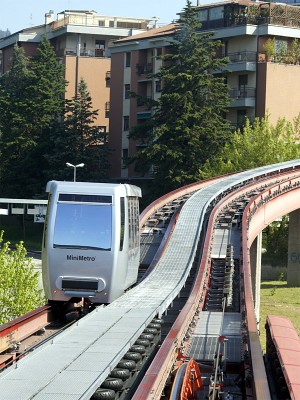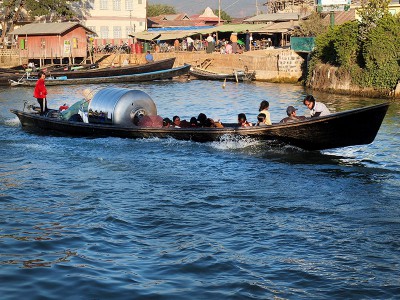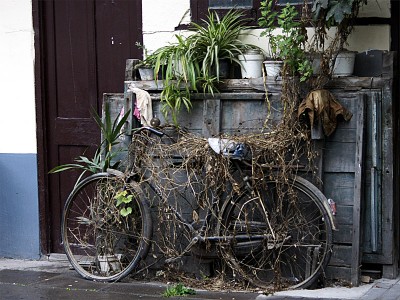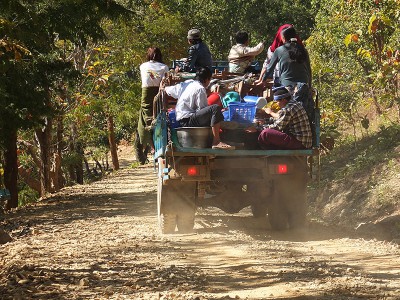Climate and gender justice has been my topic of passion for over 15 years. For me, it is an essential element of the urgently needed socio-ecological transformation. As a natural scientist who thinks beyond the boundaries of her subject, social innovations are at least as important to me as technological innovations.
I have an advanced degree in physics and have worked in research, energy and climate policy, development policy and management before setting up my own business.
My services: Consulting and policy advice, analysis, studies and lectures, capacity development and training, conception of, and collaboration in research projects.
Thematic focal areas: Gender, energy and climate change at international, national and local levels, as well as urban energy and climate policy.
My working languages are German and English. I also understand Spanish and French.
Klima- und Geschlechtergerechtigkeit ist seit über 15 Jahren mein Thema, das ich mit Leidenschaft verfolge. Es ist für mich ein wesentliches Element für die dringend notwendige sozial-ökologische Transformation. Als Naturwissenschaftlerin, die über die Grenzen ihres Fachs hinausdenkt, sind für mich gesellschaftliche mindestens ebenso wichtig wie technologische Innovationen.
Ich bin Diplomphysikerin und habe in Forschung, Energie- und Klimapolitik, Entwicklungspolitik und Management gearbeitet, bevor ich mich selbständig gemacht habe
Mein Angebot: Gutachten, Studien, Analysen und Vorträge, Kapazitätenentwicklung und Training, Konzeption und Mitarbeit in Forschungsprojekten.
Themenschwerpunkte: Gender, Energie und Klima auf internationaler, nationaler und lokaler Ebene sowie kommunale Energie- und Klimapolitik.
Meine Arbeitssprachen sind deutsch und englisch, daneben verstehe ich spanisch und französisch.
